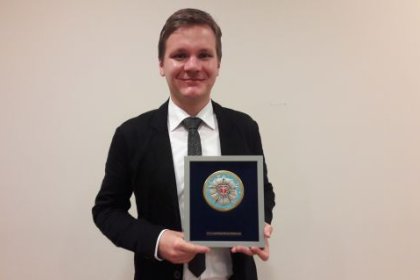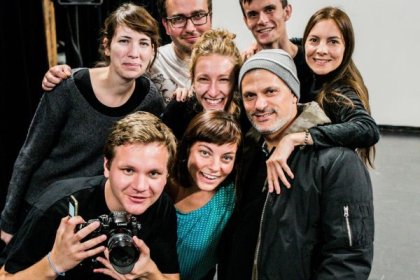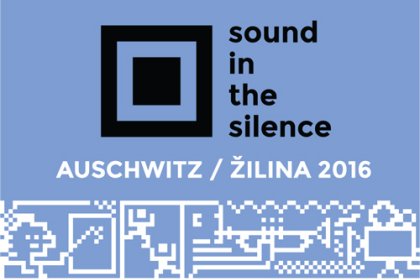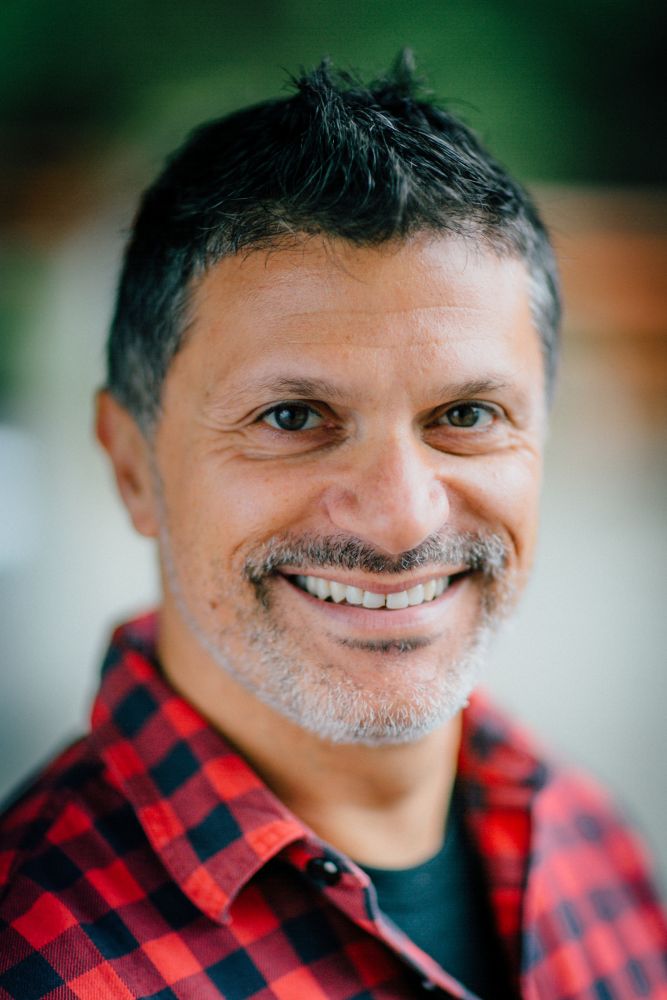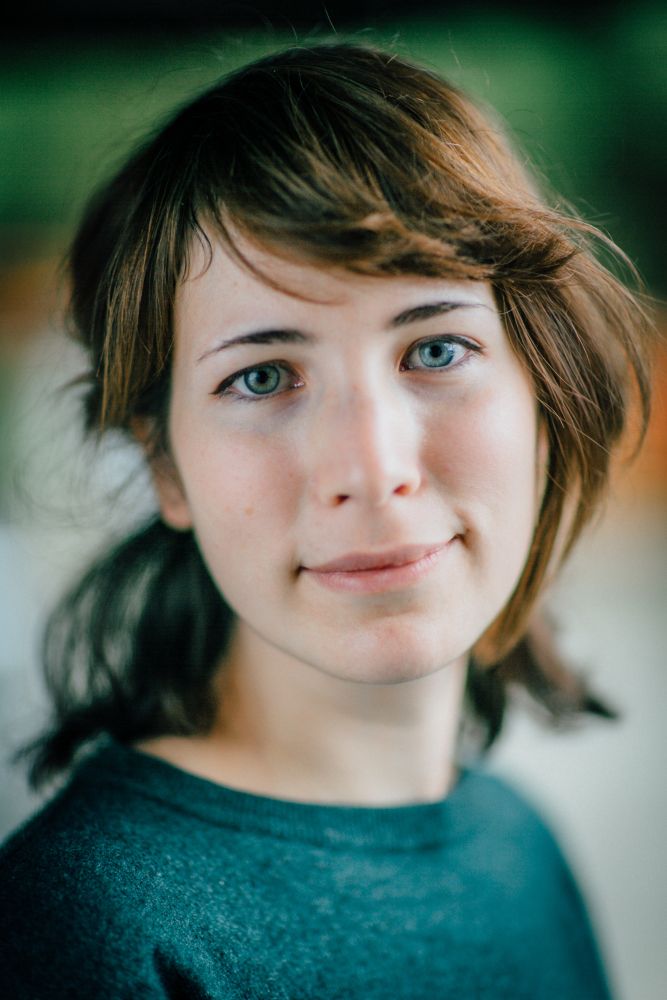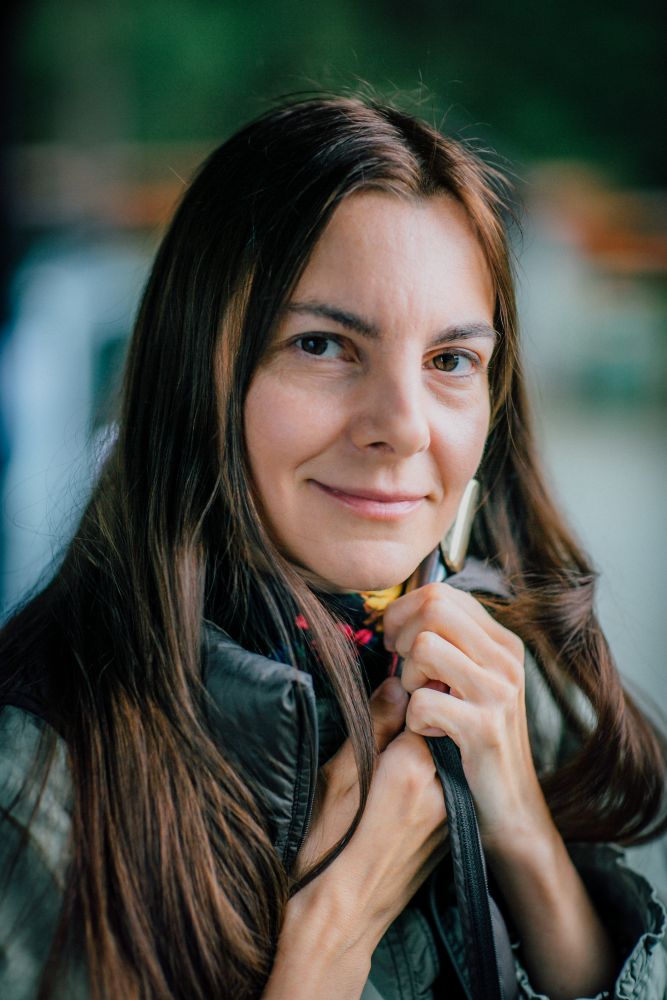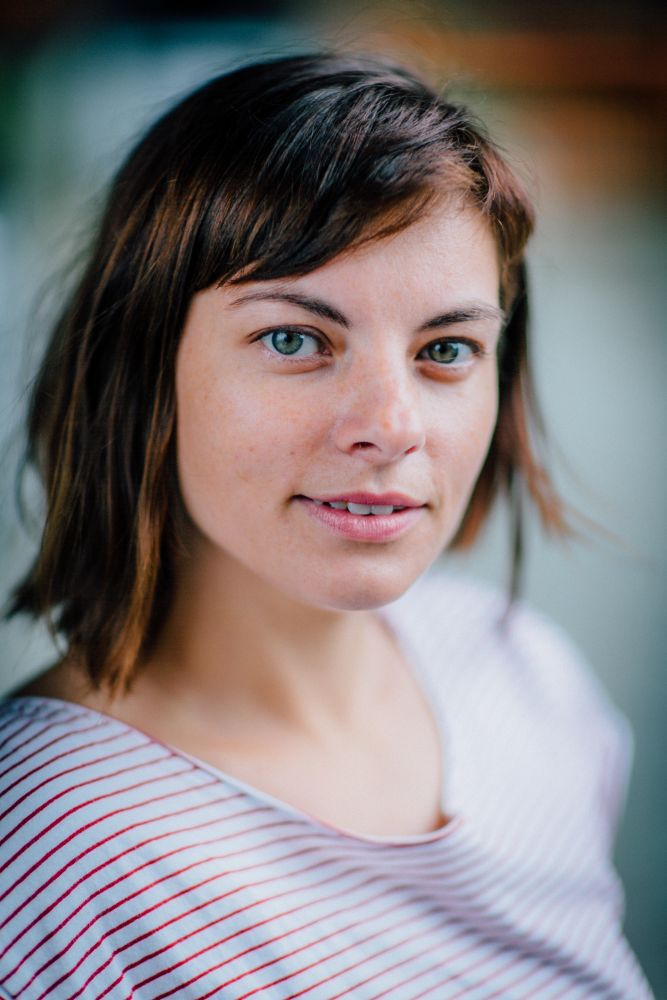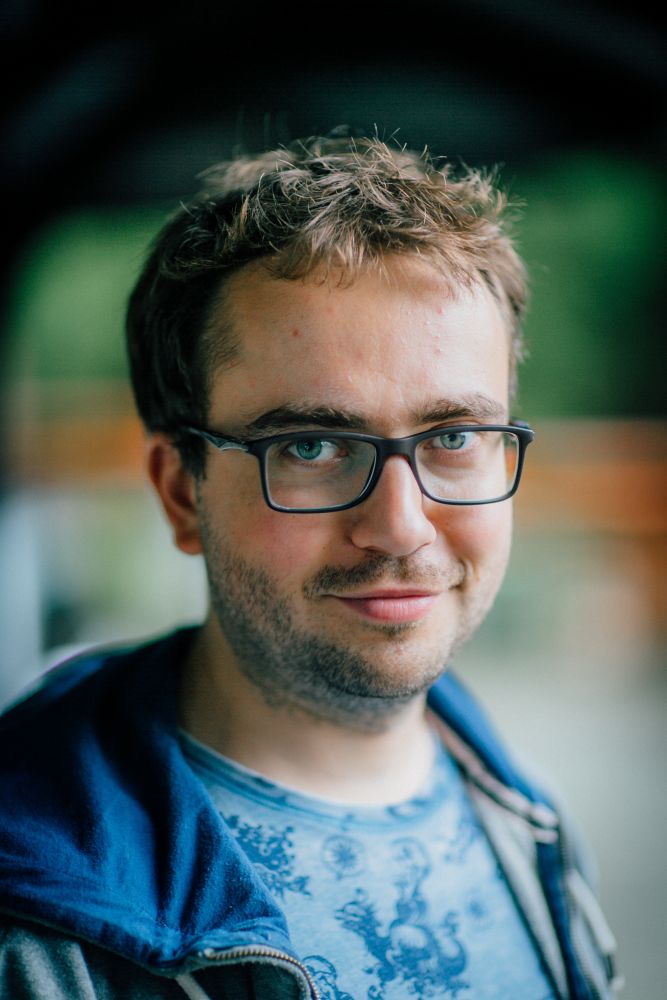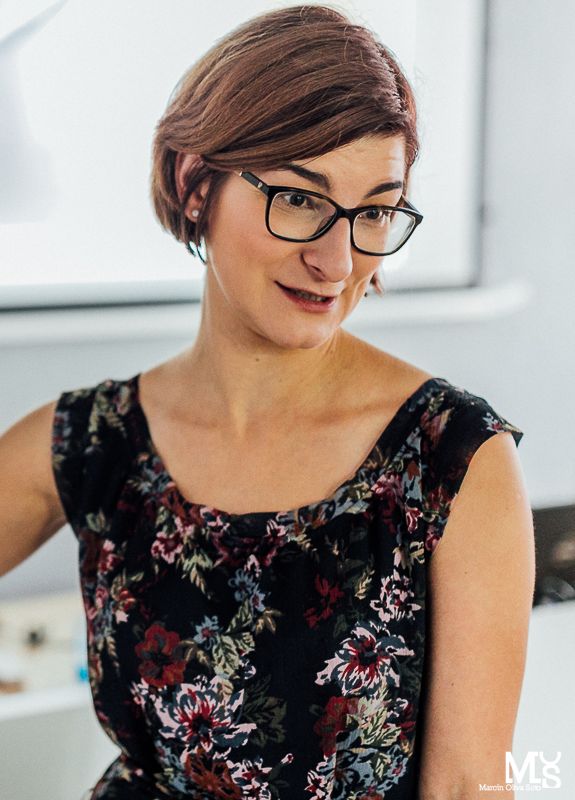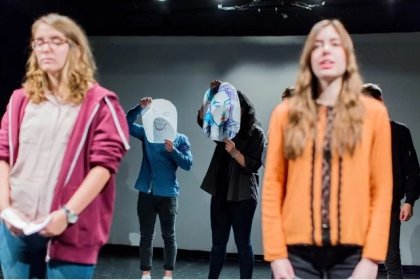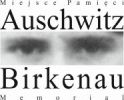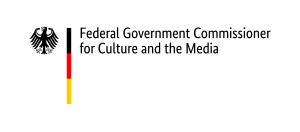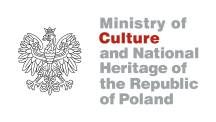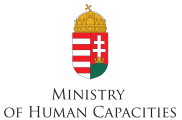Budapest, Hungary: Fazekas Mihály Gimnázium
Over the past 40 years Fazekas Mihály Gimnázium has built up a reputation for excellence, especially in mathematics and in the exact sciences. The school’s history reaches back to 1911 when the mayor of Budapest opened an elementary school at the site to meet the increasing demand for education in the expanding city. A year later, the building became temporary home to the Pedagogical Seminary, whose purpose was to provide guidance and later supervision for all teachers and schools in the city. The elementary school thus became a training school where teachers could become acquainted with the latest pedagogical techniques. The seminars given at the school became enormously popular between the two World Wars. The building was severely damaged both in the Second World War and again in the 1956 revolution. Since 1957 the Seminary has enjoyed its most successful period ever. Fazekas’s prestigious reputation is linked to special mathematics classes which were started in 1962, when Imre Rábai gathered some promising talent who went on to achieve world fame for the school in the subject. Ever since, numerous Fazekas alumni have excelled on the world stage, particularly in mathematics and the natural sciences.
Warsaw, Poland: Miguel de Cervantes High School
The school was created in 1945, shortly after the end of the Second World War. Its patron at that time was Karol Swierczewski Walter – a soviet general of Polish origin. In 1955 the school was moved to its present location: a 3-storey building situated in one of the greenest areas in Warsaw – the district of Mokotow. The Patron – Miguel de Cervantes Saavedra (1547-1616) was a Spanish novelist, poet, and playwright. He is best known for his 1605 work on Don Quijote which is often called the first modern novel. His influence on the Spanish language has been so great that modern Spanish is often called the language of Cervantes. Cervantes became the school’s patron in 1991, when the first Spanish bilingual class in Poland was created in the school.
Hamburg, Germany: Irena Sendler Schule
The Irena Sendler School has existed as a comprehensive school since 1970s . Today the school is one of the larger schools in Hamburg, with about 1300 students.
Patron of the school – Irena Sendler – was a Polish nurse and social worker who served in the Polish Underground in German-occupied Warsaw during the Second World War, and was the head of the children’s section of Żegota, the Polish Council to Aid Jews (Polish: Rada Pomocy Żydom), which was active from 1942 to 1945. Sendler smuggled approximately 2,500 Jewish children out of the Warsaw Ghetto and then provided them with false identity documents and shelter outside the Ghetto, saving those children from the Holocaust. The German occupiers eventually discovered her activities and she was arrested by the Gestapo, tortured, and sentenced to death, but she managed to evade execution and survive the war. In 1965, Sendler was recognised by the State of Israel as Righteous among the Nations. Late in life she was awarded the Order of the White Eagle, Poland’s highest honor, for her wartime humanitarian efforts.
Banská Bystrica, Slovakia: Gimnazjum J.G. Tajovského
Gymnasium Tajovského Joseph Gregor is a four-year high school in Banská Bystrica, with mathematical and general classes. Gymnasium was established on September 1, 1976.
During the Second World War, Banská Bystrica became the center of anti-Nazi opposition in Slovakia when the Slovak National Uprising, one of the largest anti-Nazi resistance events in Europe, was launched from the city on 29 August 1944. The insurgents were defeated on 27 October, however, and Banská Bystrica was briefly occupied by the German forces before it was liberated by Soviet and Romanian troops on 26 March 1945. After the war, Banská Bystrica became the administrative, economic, and cultural hub of central Slovakia.
Banská Bystrica Region is now under the strong influence of neo-Nazism ideology. In November 2013 the Governor of Banská Bystrica Region became Marian Kotleba. Marian Kotleba holds views considered extremist, although he was never prosecuted for extremism. He is supportive of Jozef Tiso and the First Slovak Republic and he is openly against Roma people, Slovak National Uprising, NATO, the United States and the European Union. His convincing victory in a regional governor race has shocked even the most prescient observers.

